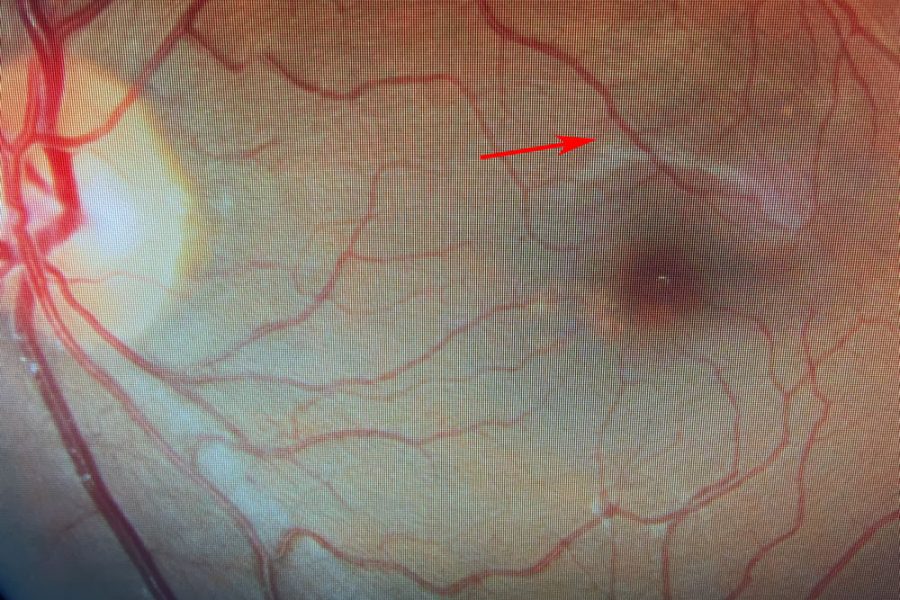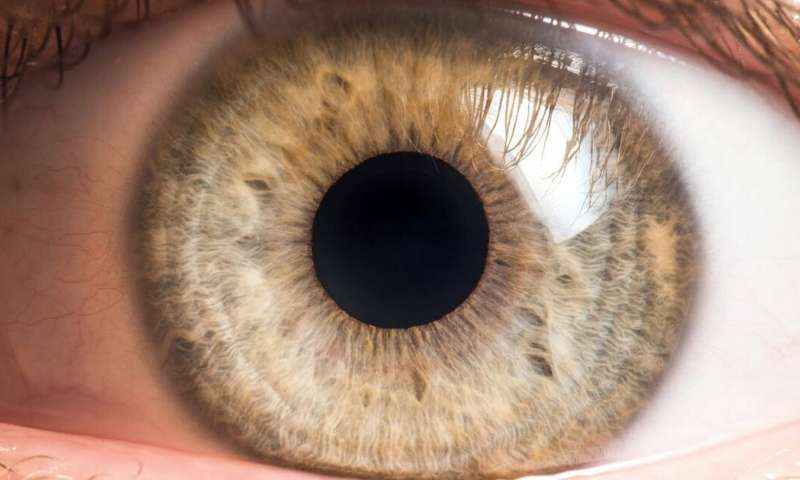What is CRISPR?
CRISPR is a new kind of genetic engineering that allows scientists to edit DNA. Scientists hope to use CRISPR to repair genetic defects or use genetically modified human cells as therapies.
Traditional gene therapy uses viruses to insert new genes into cells to try to treat diseases. But CRISPR directly makes changes in DNA. The technique uses targeted molecular tools that work like scissors to snip out abnormal DNA and replace it with normal genetic material.
How Are Researchers Studying CRISPR in Eye Care?
Ophthalmologists are not yet using CRISPR to treat eye diseases. But scientists hope it could one day stop, reverse or even cure eye disease and other diseases. In some diseases that affect vision, a particular protein does not work properly. This causes a person to go blind. Scientists are studying whether they can use CRISPR to trim the abnormal DNA that causes the protein to malfunction. They would replace it with normally working DNA. This approach only targets cells with abnormal DNA.
In 2016, scientists used CRISPR in a test-tube study to fix a genetic defect that causes retinitis pigmentosa. This condition is a group of eye problems that affect the retina. It changes how the retina responds to light, making it hard to see. In 2018, researchers used CRISPR to treat retinitis pigmentosa in mice.
In July 2019, two companies announced they will conduct the first human trial of CRISPR in the United States to snip out a mutation in vision cells that causes an inherited form of blindness called Leber congenital amaurosis. Trial participants will get this treatment as an injection into the eye. The researchers hope the treatment can cure the disease.
Should We Be Cautious About CRISPR?
Scientists are still in the early stages of studying CRISPR for eye disease. This means we do not yet know whether the benefits outweigh the risks. So far, researchers say CRISPR holds promise as a safe and effective treatment. But it is still new and relatively untested. More study is necessary before we know whether it will be useful as a treatment for eye disease.








